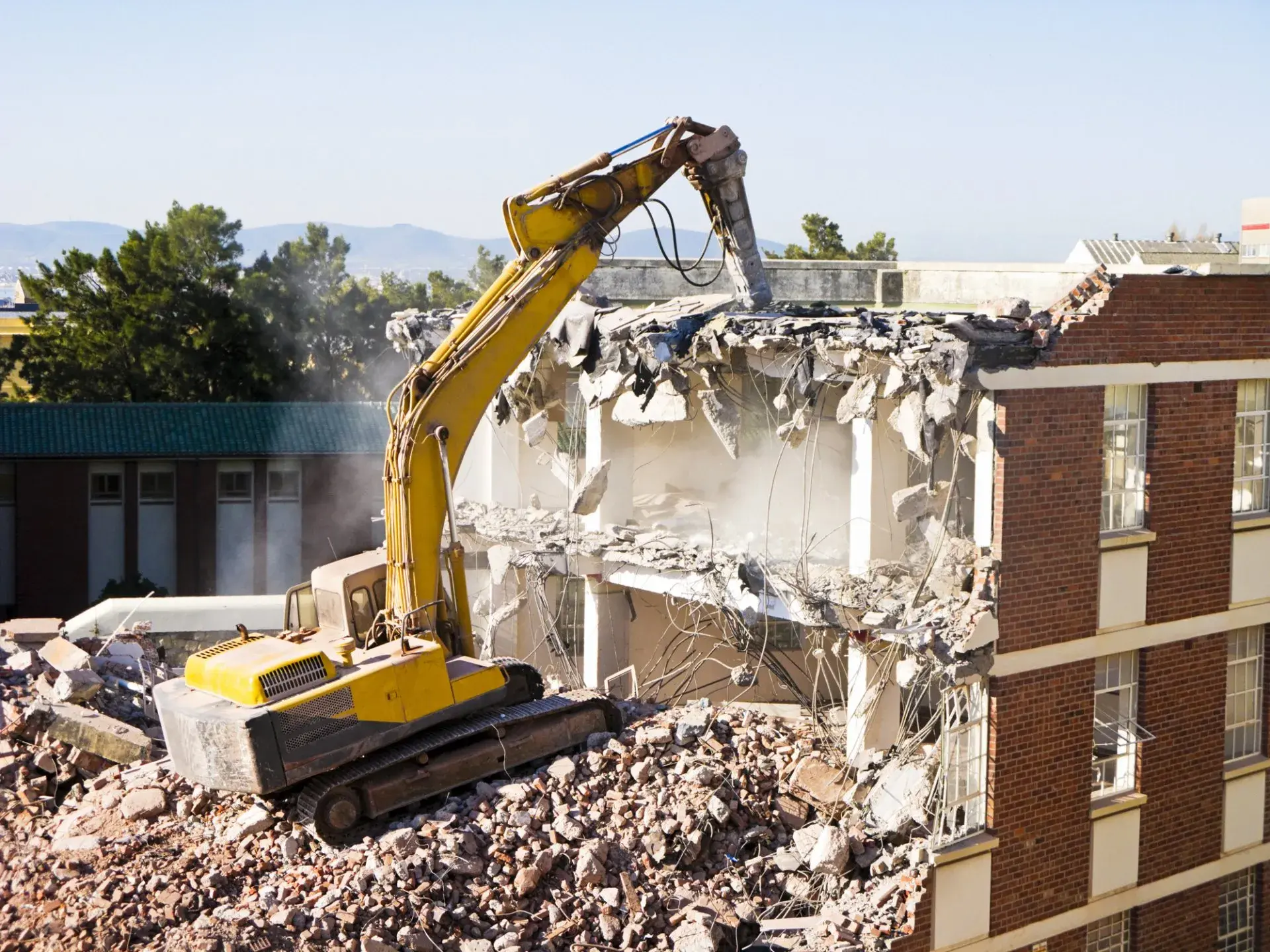Demolishing a property is a significant decision that requires careful consideration and planning. Before swinging the wrecking ball, it’s essential to evaluate various factors to ensure the process is carried out safely, efficiently, and responsibly. Whether you’re a property owner, developer, or contractor, here are several key considerations to keep in mind before embarking on a demolition project:
- Regulatory Requirements: Before initiating any demolition activities, it’s crucial to understand and comply with local regulations and permits. Regulations may vary depending on the location and type of property, so it’s essential to consult with local authorities to obtain the necessary permits and approvals.
- Environmental Impact: Residential demolition in Melbourne can have significant environmental implications, including air and noise pollution, dust generation, and waste disposal. Consider implementing measures to mitigate these impacts, such as dust suppression techniques, noise barriers, and proper waste management practices. Additionally, assess the presence of hazardous materials such as asbestos, lead-based paint, or other contaminants that may require specialised handling and disposal.
- Structural Assessment: Before demolition, conduct a thorough structural assessment of the property to identify any potential hazards or structural weaknesses. This assessment will help determine the safest and most effective demolition methods and ensure the protection of adjacent structures and utilities.
- Utility Disconnection: Arrange for the disconnection of utilities such as electricity, water, gas, and telecommunications before hulk demolition in Melbourne begins. Properly disconnecting utilities minimises the risk of accidents and ensures the safety of workers and nearby residents.
- Site Preparation: Prepare the demolition site by clearing the area of debris, removing any hazardous materials, and securing the perimeter to prevent unauthorised access. Establishing clear safety protocols and signage is essential to protect workers and the public during the demolition process.
- Material Salvage and Recycling: Consider salvaging and recycling materials from the demolished property to minimise waste and environmental impact. Salvageable items such as bricks, timber, metals, and fixtures can be reused or recycled, reducing the need for virgin materials and landfill space.
- Community Engagement: Engage with the local community and stakeholders to communicate the demolition plans, address concerns, and ensure transparency throughout the process. Open communication fosters positive relationships and promotes a collaborative approach to demolition projects.
- Safety Measures: Prioritise safety throughout the demolition process by implementing appropriate safety protocols, providing training to workers, and adhering to industry best practices. Conduct regular inspections and audits to identify and address potential hazards promptly.
- Cost and Timeline: Develop a comprehensive budget and timeline for the demolition project, taking into account factors such as labour, equipment, disposal costs, and unforeseen expenses. Establishing realistic expectations and milestones will help ensure the project stays on track and within budget.
- Future Development Plans: Consider future development plans for the site and how they align with the demolition objectives. Whether you’re rebuilding on the site or repurposing the land for a different use, integrating future plans into the demolition process can streamline decision-making and project management.
By carefully considering these factors before demolishing a property, you can ensure a smoother, safer, and more environmentally responsible demolition process. Whether you’re demolishing a residential property, commercial building, or industrial facility, thorough planning and preparation are essential for successful outcomes and positive community impact.


